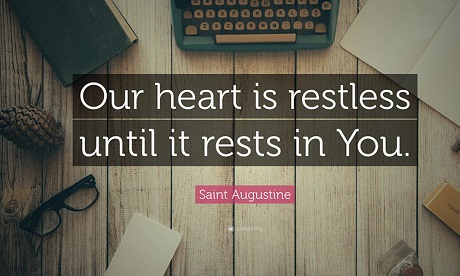“Spiritual restlessness” is driving adults to join the Catholic Church – according to new research findings.
The Diocese of East Anglia’s New Evangelisation Commission study “Why Adults Become Catholics” found the spiritual restlessness focus was tightly targeted.
Study participants report a specifically spiritual restlessness, rather than a sense of “general unease with their lives”.
The study participants
The study interviewed 10 adults who had joined the Church in the past five years.
They agreed to join the qualitative research study after Bishop Peter Collins wrote to every parish priest in East Anglia to find participants .
Five of those who took part were men, and five were women. The youngest was 23, the oldest 61 while the average age was 45 years.
Their previous religious affiliations varied.
Among the group were a former atheist-turned-Buddhist, two ex-agnostics plus various others – non-practising Catholics, Mormons, Pentecostal Christians and Protestants.
Referring to their former faith practice, many said “something was missing” for them.
Joining the Church proved for everyone the end of a “protracted”and “self-initiated” spiritual journey.
All but one took their parish RCIA course.
“For most it helped to cement and further develop their previous self-directed exploration of Catholicism” the researchers said.
The study interviews
During hour-long interviews, each revealed becoming Catholic had been an “incremental” process.
This typically included “working through” key Catholic beliefs regarding Mary and Purgatory. Deciding to attend Mass was a key moment.
Many mentioned finding a sense of “reverence” in the Catholic Church particularly during Mass and Eucharistic Adoration.
“Intellectual drivers might take you there, but the spiritual and emotional connection keeps you there” one study member commented.
Social media
Social media played a key role in adults’ journeys to Catholicism.
“YouTube videos appeared not to be sought primarily for inspiration and encouragement, but rather for their information and instructional value” said researchers.
“The evangelisation potential of social media, particularly prominent Catholic YouTube channel hosts, cannot be underestimated.”
Researchers also warned however, that the “accessibility of social media content providers carries the risk of distorted information, and social media company algorithms cannot be relied upon as consistently safe sources”.
Evangelisation methods including social media must prove “direction” and “recommendations” in this area, the researches said.
Rising by the number
The study findings reflect a recent upsurge in numbers joining the church.
Nearly 1,000 people are reported to have become Catholic this Easter in the Archdiocese of Southwark and Diocese of Westminster.
On Good Friday, Westminster Cathedral had to turn worshippers away after reaching its 3,000-seat capacity.
In the Diocese of East Anglia, 65 people on average join the Church every year.
Source
Additional readingNews category: World.




